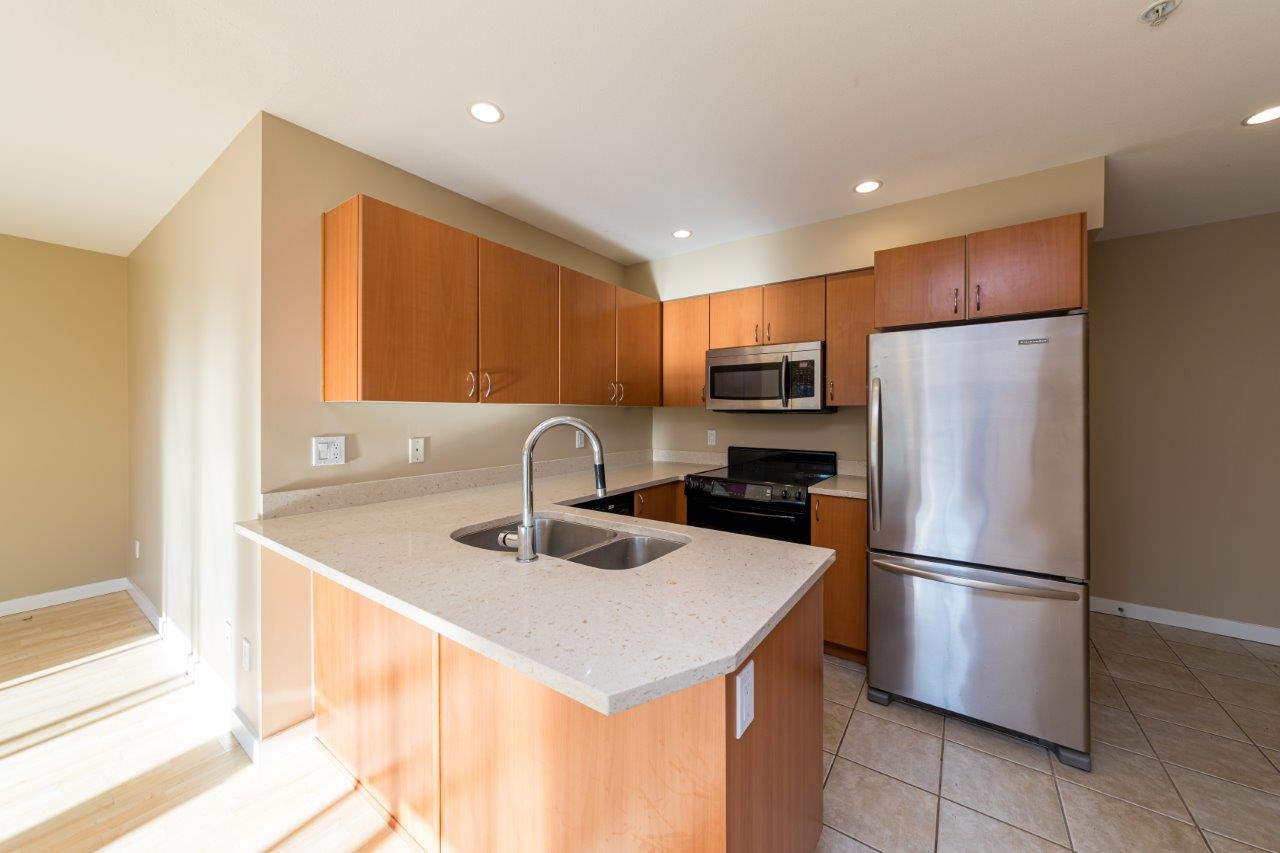
What’s the Difference Between a Short Term & Long Term Rental?
Not all rentals are created equal. What works for one property might be totally wrong for another, depending on how often the owner wants tenants coming and going, how steady the income needs to be, and how much work they’re ready to take on. Whether it’s a short stay or a year-long lease, the rental game shifts based on the timeline, and there’s a lot more to it than just deciding how long someone stays.
Tenant Turnover Frequency and Operational Impacts
Short term rentals often see a revolving door of guests. This high turnover means more time coordinating check-ins and check-outs, handling keys or lock codes, and managing cleaning between stays. Owners who choose this model need systems in place or help from a property manager to keep up with the pace. It’s a full-time rhythm that doesn’t let up, especially in busy tourist seasons.
Long term rentals bring more stability in this department. Once a tenant signs a lease, they’re in for several months, sometimes years. That slower pace means fewer move-ins and move-outs, fewer deep cleans, and less frequent inspections. While it might not bring the excitement or flexibility of short term stays, it eases the day-to-day workload considerably for landlords.

Revenue Stability Versus Seasonal Occupancy Swings
One of the biggest draws to short term rentals is the potential for higher income—especially in hot travel zones. A weekend rate can beat a monthly rental when demand is high. But with that comes the risk of empty calendar slots in the off-season. Property owners need to be okay with the unpredictability and ready to adapt pricing strategies as demand shifts.
On the flip side, long term rentals offer more predictable income. Even if the nightly rate is lower when broken down, consistent monthly payments bring peace of mind. There’s less pressure to constantly market the unit or chase bookings, and budgeting becomes easier when you know exactly what’s coming in each month.
Regulatory Variations Influencing Rental Durations
Not all cities treat short term and long term rentals the same. In some areas, strict regulations govern short stays—think permit requirements, occupancy taxes, or outright bans in certain zones. This legal gray area can catch new hosts off guard. It’s not just about listing a place online; there’s real paperwork and compliance involved.
Long term rentals, by comparison, often follow more standardized tenant-landlord laws. These laws are usually clearer and more established, providing a framework for leases, deposits, and rights. While rules still vary by region, the process tends to be more straightforward for those looking to avoid regulatory surprises.
Maintenance Cadence Linked to Tenant Length of Stay
Short term rentals go through more wear and tear just by the nature of frequent use. Furniture, linens, and appliances often face daily use from people treating the space more like a hotel than a home. That means more frequent repairs, restocks, and updates to keep things fresh and appealing for future guests.
Long term rentals generally have fewer hands touching things. Tenants are often more careful since they see it as their space. Maintenance needs still exist, of course, but the schedule shifts from constant touch-ups to more seasonal or as-needed repairs. This setup lets owners plan ahead and even space out their property upgrades without the rush.
Lease Structuring and Contractual Obligations Compared
Short term rental agreements tend to be lighter and more flexible. Often, they’re nothing more than booking terms and house rules. Guests stay for a few nights, maybe a week, and then they’re gone. There’s not much in the way of formal obligations, and legal protection can be limited if disputes arise.
Long term leases, however, lock in commitments on both sides. The documents are more detailed, covering rent due dates, property rules, duration of stay, and termination clauses. This structure gives both tenant and landlord a clearer picture of responsibilities, offering legal backing if anything goes sideways during the term.
Property Marketing Approaches for Variable Rental Periods
Marketing a short term rental means constantly selling the experience. Photos have to shine. Descriptions need personality. Location perks matter a lot more. Owners often tweak listings based on seasons, local events, or guest reviews. Staying competitive means staying active—and sometimes, creative.
Long term rental listings focus more on the basics: square footage, amenities, parking, pet policies. The approach is less flashy and more functional, targeting individuals or families looking for stability. Once filled, these listings usually come down and don’t need attention again until the next lease cycle.
Insurance Implications Based on Rental Length Preferences
Insurance coverage differs greatly between short term and long term arrangements. Standard homeowner’s insurance often doesn’t cut it for short term rentals. Owners need additional coverage tailored to guest stays, potential property damage, and liability risks that come from a high guest volume.
Long term rentals typically fall under landlord insurance policies, which include coverage for the structure, lost rental income, and liability. The policies are usually more affordable and easier to maintain than those required for short term models. However, landlords still need to check policy details to ensure proper protection.
Discover the Smart Way to Manage Rentals—Let Pacific West Property Management Handle the Details for You
Whether you’re juggling short term bookings or managing long term leases, rental properties come with a list of responsibilities that can get overwhelming fast. From coordinating maintenance to handling contracts, it takes time and know-how to get it right. That’s where Pacific West Property Management steps in.
Our team takes the stress out of rental management, giving property owners the support they need without the headaches. We understand the differences between rental models and help you choose what works best for your property goals. Whether you’re after consistent tenants or seasonal profits, we’ve got the tools, team, and experience to make it happen smoothly. Contact us today and see how we can help manage your property with confidence. Pacific West Property Management is your trusted partner for reliable, professional service—built for landlords who want peace of mind and properties that thrive.
Tags: long term rental, rentals, short term rental
